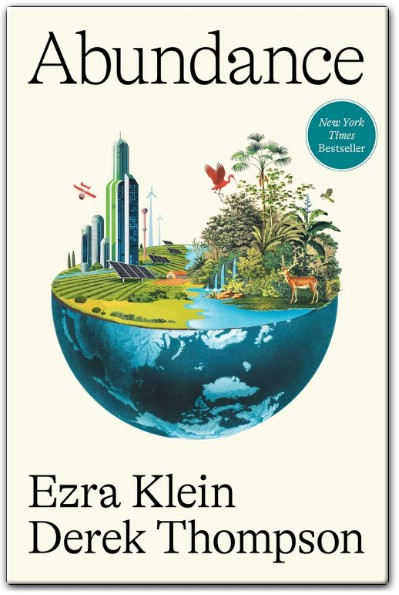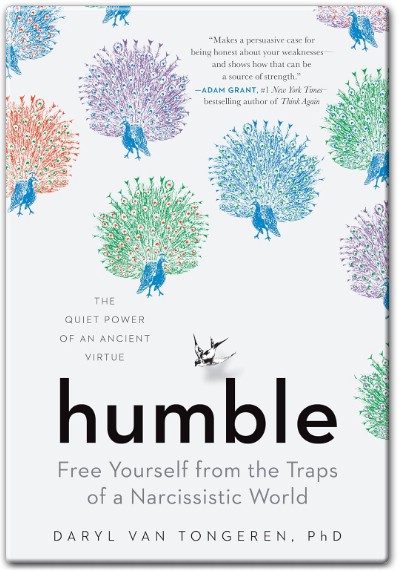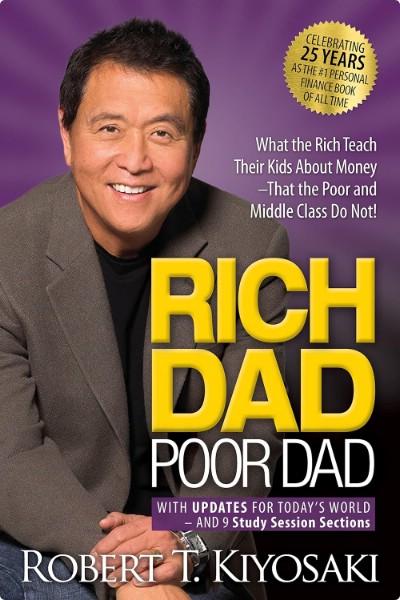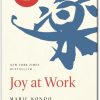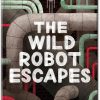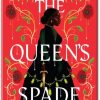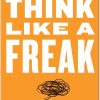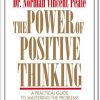
Book Summary Contents
- 1 Introduction
- 2 Animal Farm Book Summary: What Is Animal Farm About?
- 3 Animal Farm Quotes
- 4 Who Are the Main Characters & What Do They Represent?
- 5 What Are the Major Themes in Animal Farm?
- 6 How Does Orwell Use Satire in Animal Farm?
- 7 Why Is Animal Farm Still Relevant Today?
- 8 Key Takeaways from Animal Farm
- 9 About the Authors: George Orwell
- 10 Frequently Asked Questions
- 11 Final Thoughts
- 12 Attachments & References
Introduction
Animal Farm by George Orwell is far more than a simple tale about barnyard animals—it’s one of the most powerful political allegories ever written. Framed as a fable, the novella captures the tragic arc of revolutionary movements and the corrupting nature of power. In this Animal Farm book summary, we’ll explore how Orwell uses farm animals to represent real-life figures from the Russian Revolution, shedding light on totalitarianism, manipulation, and the collapse of idealism.
Published in 1945, Animal Farm remains chillingly relevant. Orwell’s depiction of how noble intentions are twisted by those who seek control offers a sobering reflection of history—and a warning for the future. The book is short but layered with meaning, making it accessible for younger readers and deeply insightful for adults.
This comprehensive summary covers the book’s plot, major themes, character symbolism, and Orwell’s powerful critique of political systems. Whether you’re revisiting this classic or discovering it for the first time, this article offers a detailed yet digestible exploration of Orwell’s masterpiece.
Animal Farm Book Summary: What Is Animal Farm About?
At its core, Animal Farm is an allegory about the rise and fall of a revolution. The animals on Manor Farm—mistreated and overworked—rebel against their human owner, Mr. Jones, hoping to create a society where all animals are equal. Led by pigs Snowball and Napoleon, they set up what they believe will be a utopian society governed by shared ideals.
However, power quickly shifts. The pigs slowly take control, manipulate language, rewrite history, and eventually become indistinguishable from the tyrants they overthrew. The dream of equality collapses as Orwell delivers a scathing critique of how revolutions can be hijacked by authoritarian regimes.
Timeline of Events:
| Event | Description |
|---|---|
| Rebellion | Animals overthrow Mr. Jones. |
| Early Reforms | Pigs write the Seven Commandments of Animalism. |
| Power Struggle | Napoleon drives out Snowball. |
| Tyranny Rises | Napoleon consolidates power, uses propaganda. |
| Betrayal | Animals suffer under worse conditions. |
| Ending | Pigs walk on two legs, mirroring humans. |
Animal Farm Quotes
The Corruption of Revolution
Betrayal of Ideals
“All animals are equal. But some animals are more equal than others.”
“Twelve voices were shouting in anger… it was impossible to say which was which.” (pigs vs. humans)
“The creatures outside looked from pig to man, and from man to pig… already it was impossible to say which was which.”False Justifications
“No one believes more firmly than Comrade Napoleon that all animals are equal. He would be only too happy to let you make your decisions… But sometimes you might make the wrong decisions.”
“Our sole object in taking these things is to preserve our health… It is for your sake that we drink the milk and eat those apples.”The Working Class’s Plight
“Let’s face it: our lives are miserable, laborious, and short.”
“Somehow it seemed as though the farm had grown richer without making the animals themselves any richer—except for the pigs and dogs.”
Power & Propaganda
Manipulation of Truth
“It had become usual to give Napoleon the credit for every successful achievement… ‘Under Comrade Napoleon’s guidance, I laid five eggs!’”
“Surely, comrades, you don’t want Jones back?” (fear-mongering)Censorship & Control
“They had come to a time when no one dared speak his mind… you had to watch your comrades torn to pieces after confessing.”
“At any given moment there is an orthodoxy… all right-thinking people will accept without question.”Blind Obedience
“Boxer adopted the maxim, ‘Napoleon is always right,’ in addition to his private motto: ‘I will work harder!’”
“If Comrade Napoleon says it, it must be right.”
Original Ideals vs. Reality
The Seven Commandments
“Whatever goes upon two legs is an enemy… All animals are equal.” (original) → “Four legs good, two legs better!” (corrupted)Lost Dreams
“Clover’s eyes filled with tears… This was not what they had aimed at when they set out to overthrow the human race.”
“The Republic of the Animals… was still believed in. Some day it was coming… but still it was coming.”Hypocrisy
“And remember… in fighting against Man, we must not come to resemble him.” → “Between pigs and human beings there was not… any clash of interest whatsoever.”
Human Exploitation
Critique of Man
“Man is the only creature that consumes without producing.”
“Man serves the interests of no creature except himself.”False Hope
“Windmill or no windmill, life would go on as it had always gone on—that is, badly.” (Benjamin’s cynicism)
Symbols of Resistance
Beasts of England
“Tyrant Man shall be o’erthrown… Rings shall vanish from our noses… All must toil for freedom’s sake.” (revolutionary anthem)Benjamin’s Stoicism
“Donkeys live a long time. None of you has ever seen a dead donkey.”
“Things never had been, nor ever could be much better or much worse—hunger, hardship, and disappointment being… the unalterable law of life.”
Dark Humor & Irony
The Cat’s “Loyalty”
“The cat joined the Re-education Committee… telling sparrows they could perch on her paw—but they kept their distance.”
“When there was work to be done, the cat could never be found… She always made excellent excuses.”Absurd Propaganda
“Some hams hanging in the kitchen were taken out for burial.”
Who Are the Main Characters & What Do They Represent?
Orwell’s use of allegorical characters allows him to critique historical figures and political ideologies under the guise of fiction. Here’s a breakdown:
Napoleon
Represents: Joseph Stalin
Napoleon is a power-hungry pig who uses manipulation, violence, and propaganda to dominate the farm. He is ruthless, expels Snowball, and changes the rules to benefit himself.
Snowball
Represents: Leon Trotsky
A visionary and idealist, Snowball initially helps lead the rebellion but is later exiled. His fate symbolizes how political rivals are often removed to consolidate power.
Old Major
Represents: Karl Marx / Vladimir Lenin
Old Major inspires the revolution with his vision of equality and fairness, echoing Marxist theory. However, he dies before the rebellion begins.
Squealer
Represents: Propaganda
This pig acts as Napoleon’s mouthpiece, spinning lies and manipulating facts to maintain control. Squealer exemplifies the power of state-controlled media.
Boxer
Represents: The Working Class
Boxer, the loyal and hardworking horse, blindly follows Napoleon’s rule, repeating, “Napoleon is always right.” He is exploited and discarded, symbolizing how authoritarian regimes use and betray the proletariat.
Mr. Jones
Represents: Tsar Nicholas II
The negligent farmer is overthrown in the rebellion, much like the Russian Tsar was ousted during the 1917 revolution.
What Are the Major Themes in Animal Farm?
1. Power Corrupts Absolutely
The famous line—“All animals are equal, but some animals are more equal than others”—encapsulates how those in power bend principles to serve themselves. Orwell masterfully shows how revolutionary ideals are often lost once authority is achieved.
2. The Betrayal of Ideals
The animals’ dream of an egalitarian society is gradually destroyed. The original “Seven Commandments” are rewritten, rules are manipulated, and history is revised—all to preserve the pigs’ dominance.
Original Commandments vs. Final Version:
| Original Commandment | Final Change |
|---|---|
| All animals are equal. | Some animals are more equal than others. |
| No animal shall kill another. | No animal shall kill without cause. |
| No animal shall sleep in a bed. | No animal shall sleep in a bed with sheets. |
3. Propaganda and Language Manipulation
Squealer is Orwell’s representation of media used as a political tool. Through slogans like “Four legs good, two legs bad,” complex ideas are reduced to catchy phrases that stifle critical thinking.
4. The Dangers of a Naïve Working Class
Boxer’s unwavering trust in authority and his tragic end underline the risks of blind loyalty. Orwell warns that without education and skepticism, people are easily manipulated.
5. Revolution’s Inherent Fragility
Even noble revolutions are at risk when leadership lacks integrity. Orwell warns readers that without transparency and checks on power, any movement can be corrupted.
How Does Orwell Use Satire in Animal Farm?
Orwell blends humor, irony, and exaggeration to critique real-world politics. The absurdity of pigs walking upright or engaging in trade with humans serves to highlight the hypocrisy and betrayal in Stalinist Russia.
Examples of Satire in Action:
The transformation of pigs into human-like figures.
The constant revision of commandments.
The song “Beasts of England” being banned to erase revolutionary spirit.
Orwell doesn’t preach—he lets the reader draw connections between the farm and real history, making the message more impactful.
Why Is Animal Farm Still Relevant Today?
Though based on events from the early 20th century, the themes of Animal Farm transcend time and geography.
Authoritarianism: Governments today still use propaganda and suppress dissent.
Political Betrayal: Revolutionary movements often face internal corruption.
Media Control: Orwell’s warning about misinformation is increasingly urgent in the digital age.
Social Injustice: The unequal distribution of power and resources remains a global concern.
In classrooms, political debates, and protests, Orwell’s words still echo. The book’s brevity makes it accessible, but its impact is profound.
Key Takeaways from Animal Farm
Power can corrupt even the most idealistic movements.
Unchecked authority inevitably leads to oppression.
Education and awareness are critical for resisting tyranny.
Propaganda is a powerful tool in shaping public perception.
History often repeats itself when lessons are ignored.
About the Authors: George Orwell
Full Name: Eric Arthur Blair
Nationality: British
Genre: Dystopian fiction, political satire, journalism
Famous Works: Animal Farm (1945), Nineteen Eighty-Four (1949), Homage to Catalonia (1938)
Key Facts About George Orwell
1. Early Life & Influences
Born in India (1903) to a British colonial family, raised in England.
Attended Eton College but rejected elitism, later working as a policeman in Burma—an experience that fueled his anti-imperialism (Burmese Days, 1934).
Lived in poverty in Paris and London, documented in Down and Out in Paris and London (1933).
2. Political Awakening
Fought against fascism in the Spanish Civil War (1936), joined a socialist militia.
Witnessed Stalinist purges of leftists, shaping his lifelong distrust of totalitarianism (echoed in Animal Farm and *1984*).
Identified as a democratic socialist, critiquing both capitalism and Soviet communism.
3. Literary Legacy
Master of Allegory: Animal Farm (1945) exposed Stalin’s betrayal of the Russian Revolution through a farmyard fable.
Dystopian Prophet: Nineteen Eighty-Four (1949) coined terms like Big Brother, thoughtcrime, and doublethink, warning of surveillance states and propaganda.
Plainspoken Style: Advocated “clear language as a windowpane” to reveal truth, rejecting political euphemisms (“Politics and the English Language,” 1946).
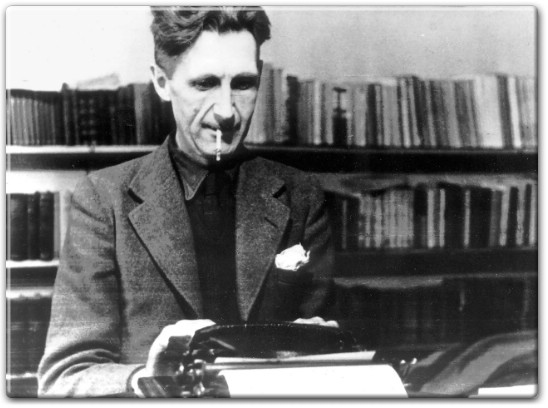
![]()
Frequently Asked Questions
Is Animal Farm based on a true story?
No, it’s a fictional allegory. But the characters and events mirror the Russian Revolution and the rise of Stalinism in the Soviet Union.
What age is Animal Farm appropriate for?
Though written in simple language, the political themes are best understood by readers aged 13 and up.
What genre is Animal Farm?
It is a political satire, allegorical novella, and dystopian fable.
Final Thoughts
George Orwell’s Animal Farm remains a landmark in political literature. In under 150 pages, he delivers a timeless message: revolutions may begin with justice in mind, but without integrity and vigilance, they risk collapsing into tyranny.
This Animal Farm book summary is a reminder that power should never go unquestioned. Whether read in a classroom or revisited in adulthood, Orwell’s work continues to challenge, educate, and inspire.
Attachments & References
- Get Your Copy Of The Book: Animal Farm by George Orwell
- Explore Similar Books
- Amazon’s book page
- Goodreaders’s book page
- Author’s image source: newyorker.com
- Book Cover: Amazon.com
- Quote sources: Goodreads










